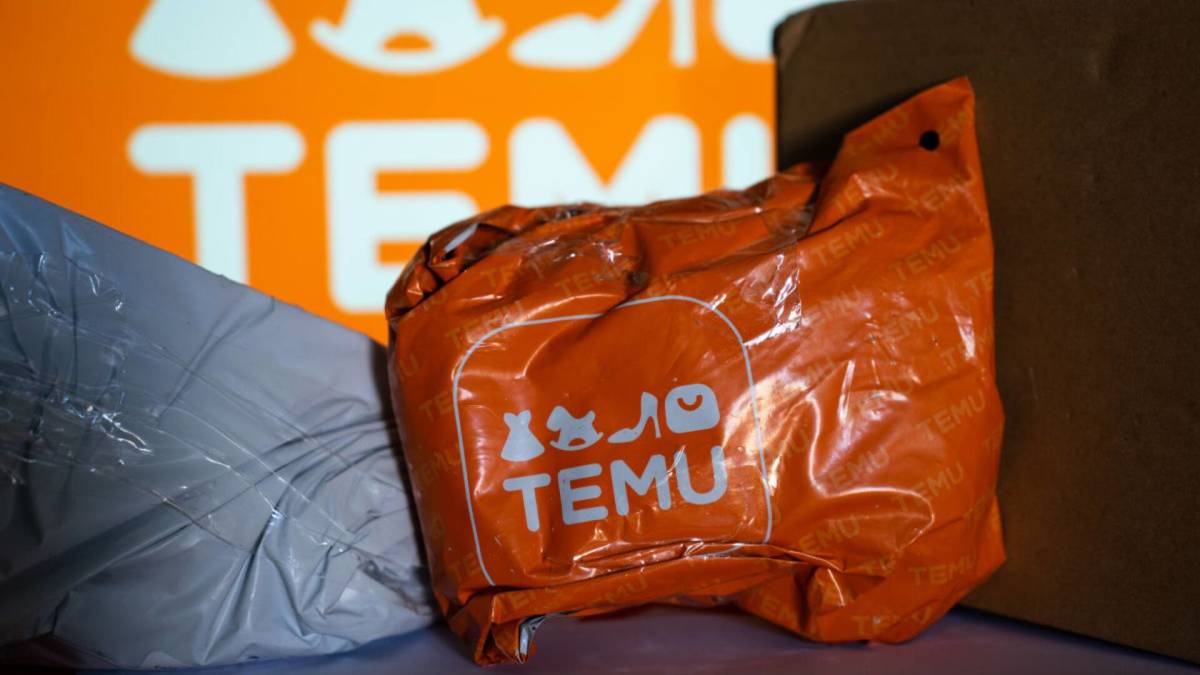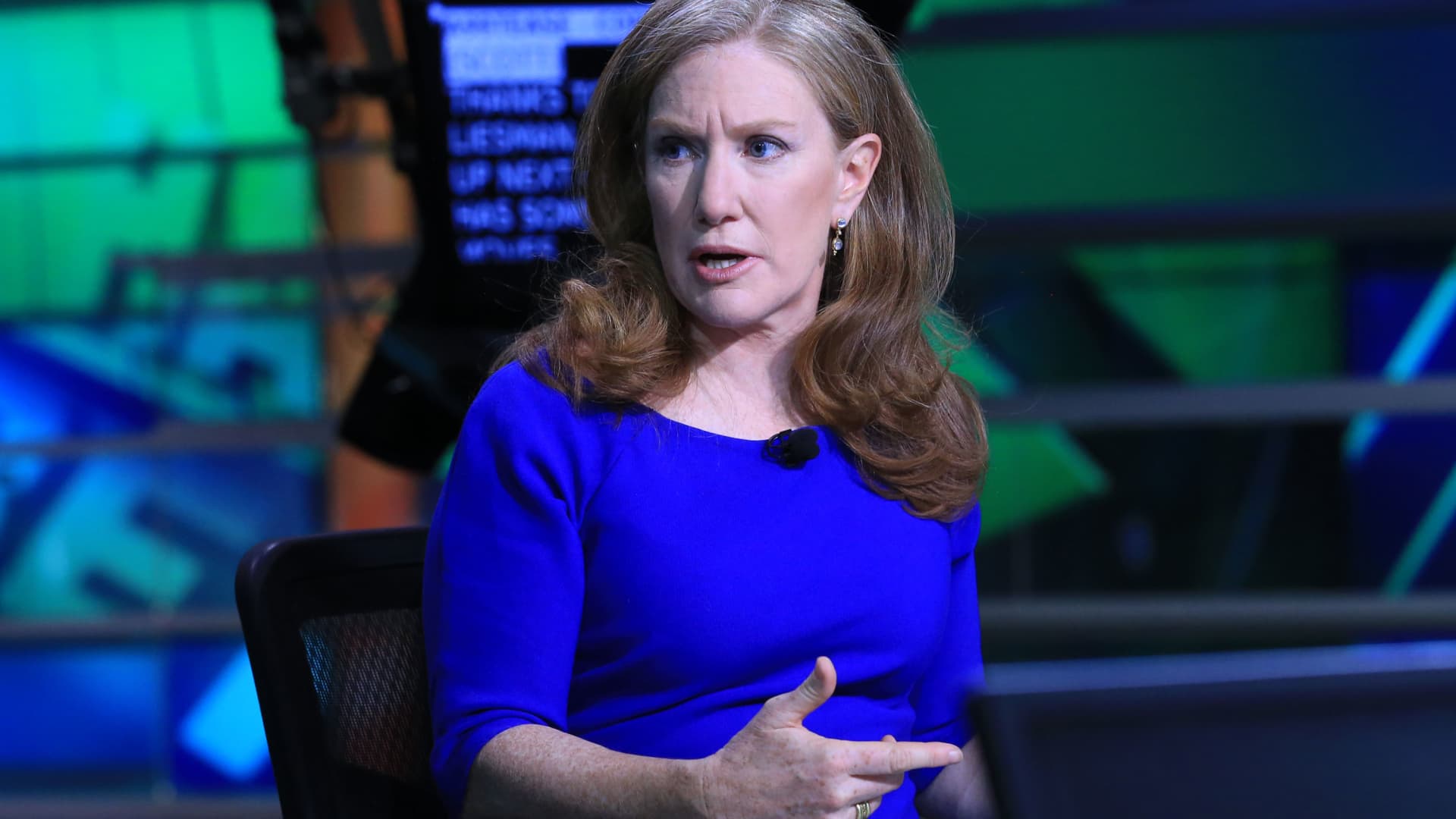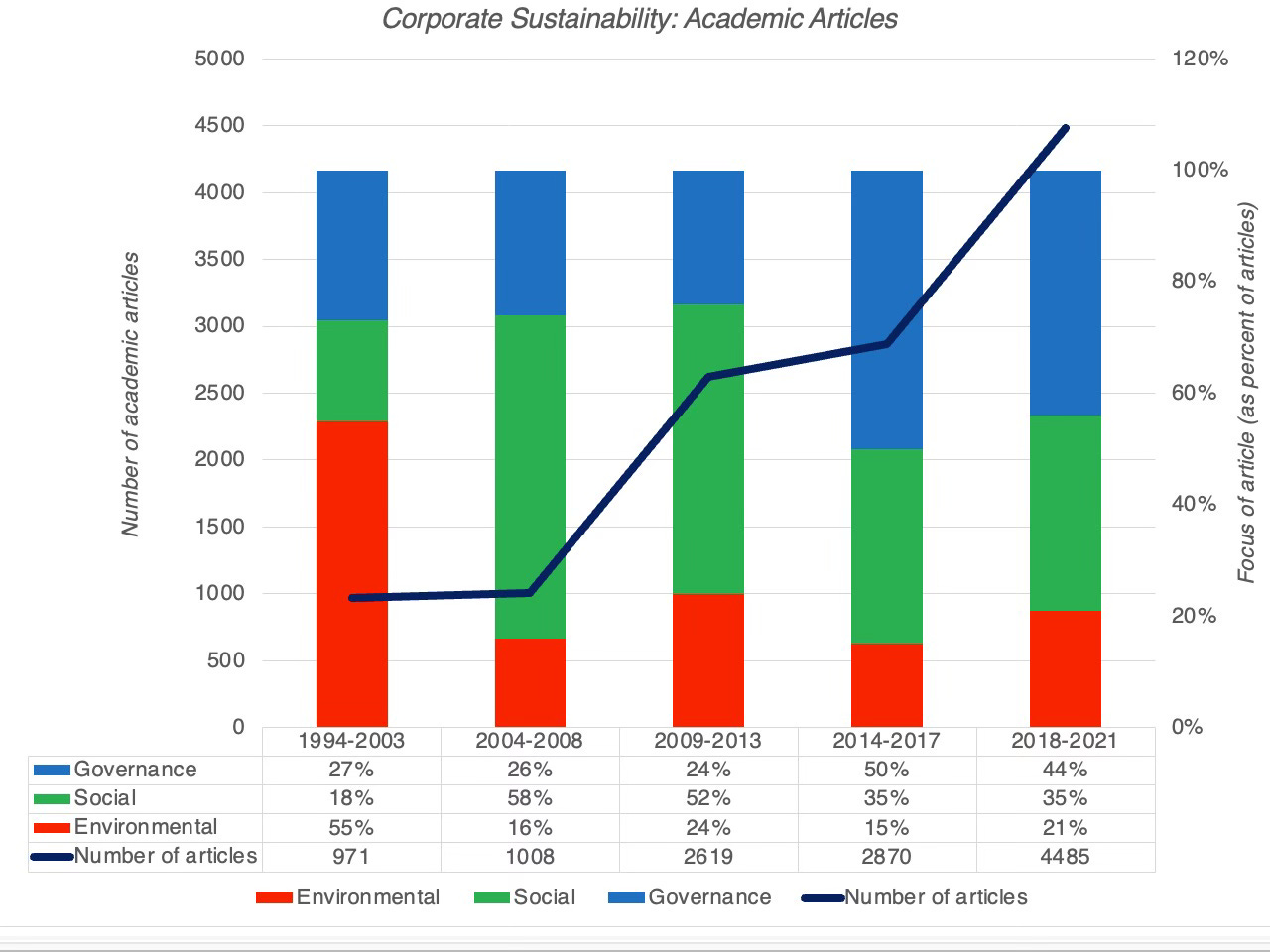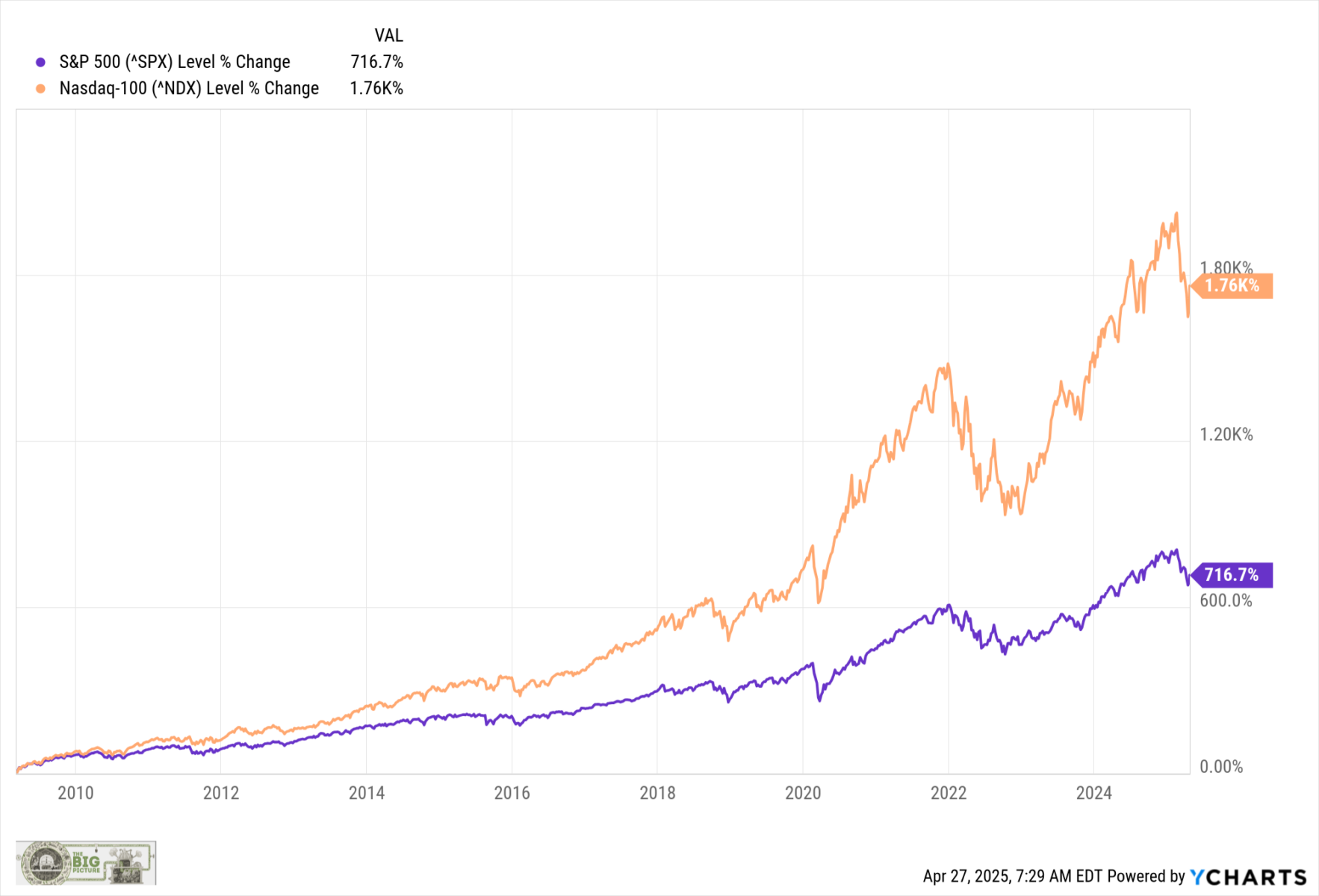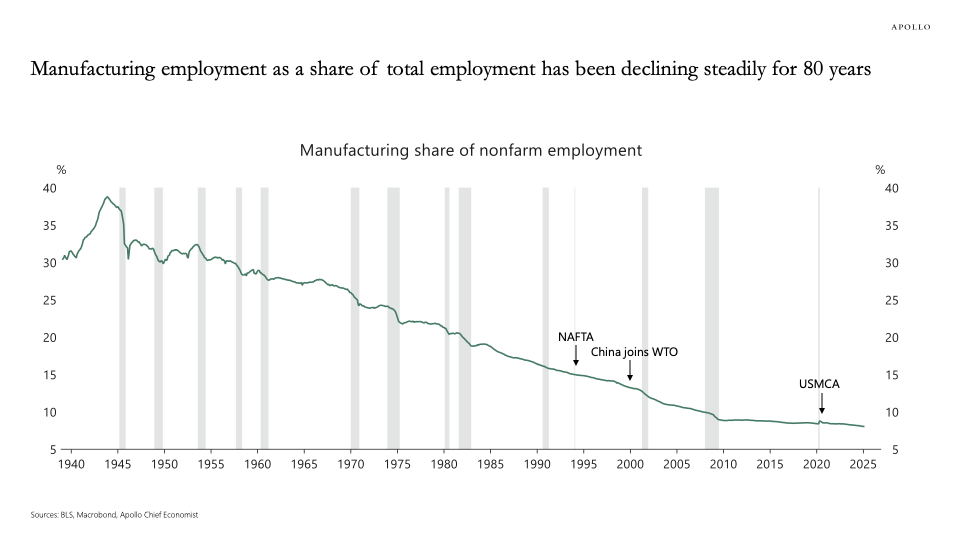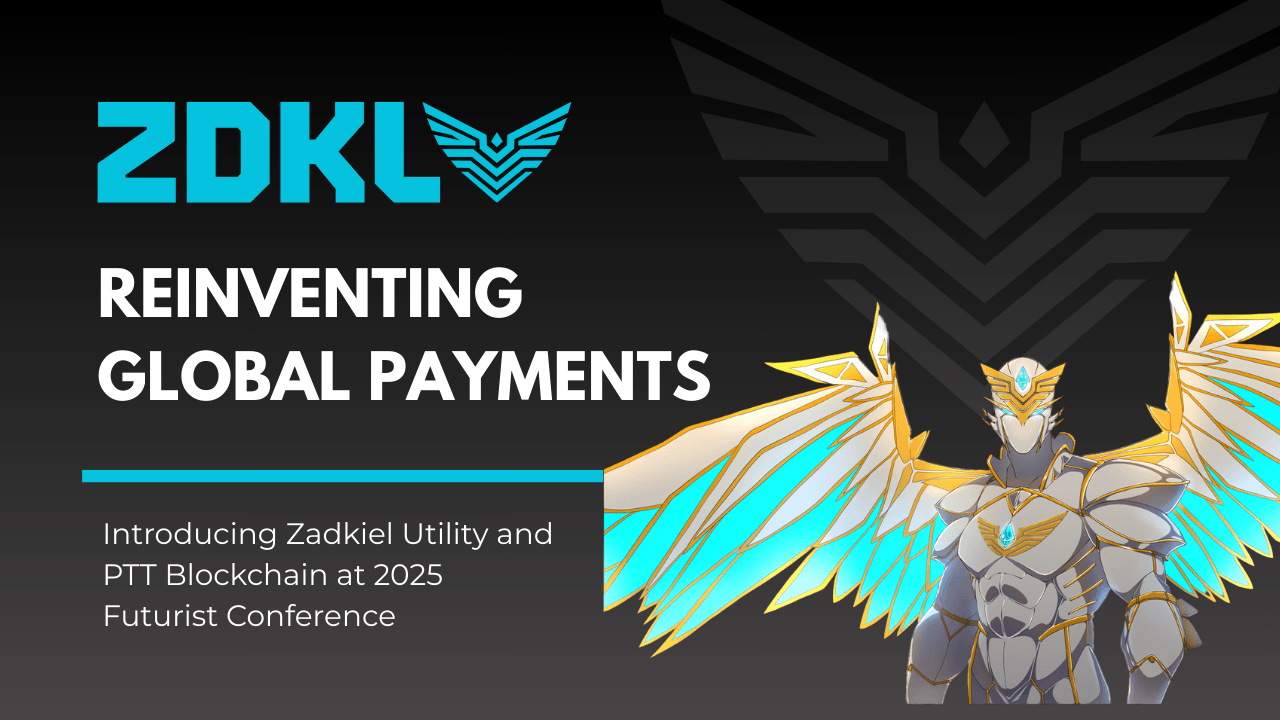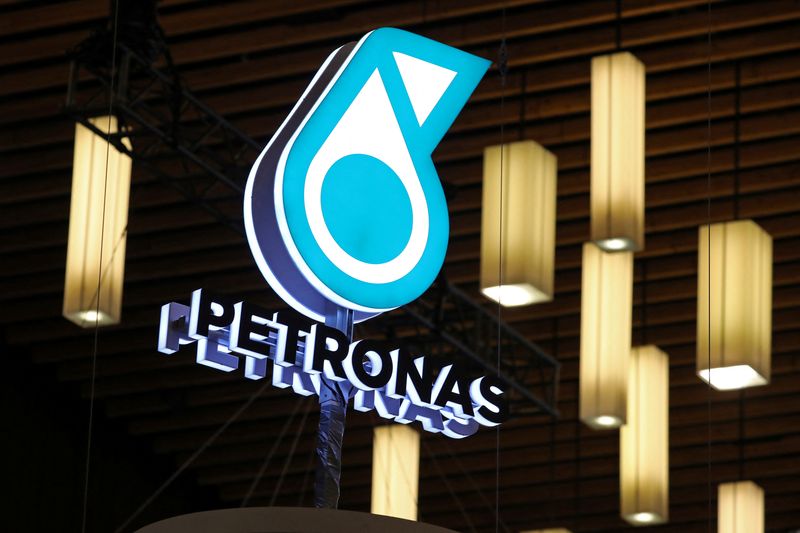Andreessen Horowitz leads $25 million bet on Miden, a former Meta engineer’s privacy blockchain
Miden used to be part of Polygon Labs, one of crypto’s biggest blockchain development firms.

Most blockchains are like public databases. Even though addresses on Bitcoin are pseudonymous, researchers have become so adept at tracking transactions that startups make millions selling analytics software to governments. That bodes well for stopping criminals but not so much for banks, whose customers probably don’t want their account balances searchable on the internet. That’s helped spur a push for decentralized protocols that preserve privacy, including Miden, a blockchain designed for confidential transactions.
On Tuesday, Miden announced it had raised a $25 million seed round co-led by the crypto arm of Andreessen Horowitz along with Hack VC and 1kx. Other investors included Finality Capital Partners and Symbolic Capital as well as prominent angel investors in crypto like Avery Ching, the cofounder of the Aptos blockchain.
The fundraise was for equity and token warrants, or promises of a yet-to-be-released cryptocurrency. Polygon Labs, a prominent firm in crypto, incubated Miden. Instead of participating in the funding round, it struck a deal in which Miden will distribute about 10% of its future cryptocurrency to holders of Polygon’s own token. Azeem Khan, cofounder of Miden, declined to specify his company's valuation.
Miden isn’t the crypto industry’s first attempt at a privacy-first blockchain. There’s Aleo, Aztec, and a handful of others who have tried to combine Bitcoin’s attempts at decentralization with the confidentiality of a centralized database. These earlier ventures have often sacrificed performance for privacy, argued Khan, who’s a longtime crypto venture investor and repeat founder. However, his blockchain doesn’t, he claimed.
“I think not having to sacrifice performance for privacy is one of the big things here—and then still being able to have decentralization at the same time,” Khan said.
The comment reflects how Khan and his cofounder Bobbin Threadbare, a former engineer at Meta’s scuttled crypto project, regard the so-called “blockchain trilemma” or the push and pull between a blockchain’s need for speed, decentralization, and security. Improving one often comes at the expense of the other. While Threadbare and Khan aren’t claiming they’ve solved the trilemma just yet, they do think their yet-to-be-launched blockchain is on the technical edge.
“Doing something like this five years ago was out of the question,” Threadbare said. “Even a year ago it would have been probably difficult.”
The former Meta engineer pointed to advances in the state of zero-knowledge proofs as one reason why a blockchain like Miden is now possible. The buzzy cryptographic technique, also referred to as ZK proofs, allows mathematicians to prove they know something without revealing what they know. And, while it’s computationally intensive to produce a zero-knowledge proof, it’s relatively negligible to solve one. In other words, these mathematical techniques allow developers to preserve privacy as well as increase speed.
“You can't evolve existing systems to work like this,” Threadbare told Fortune, in reference to already launched blockchains. “It's easier to build it from the ground up.”
This story was originally featured on Fortune.com



















































